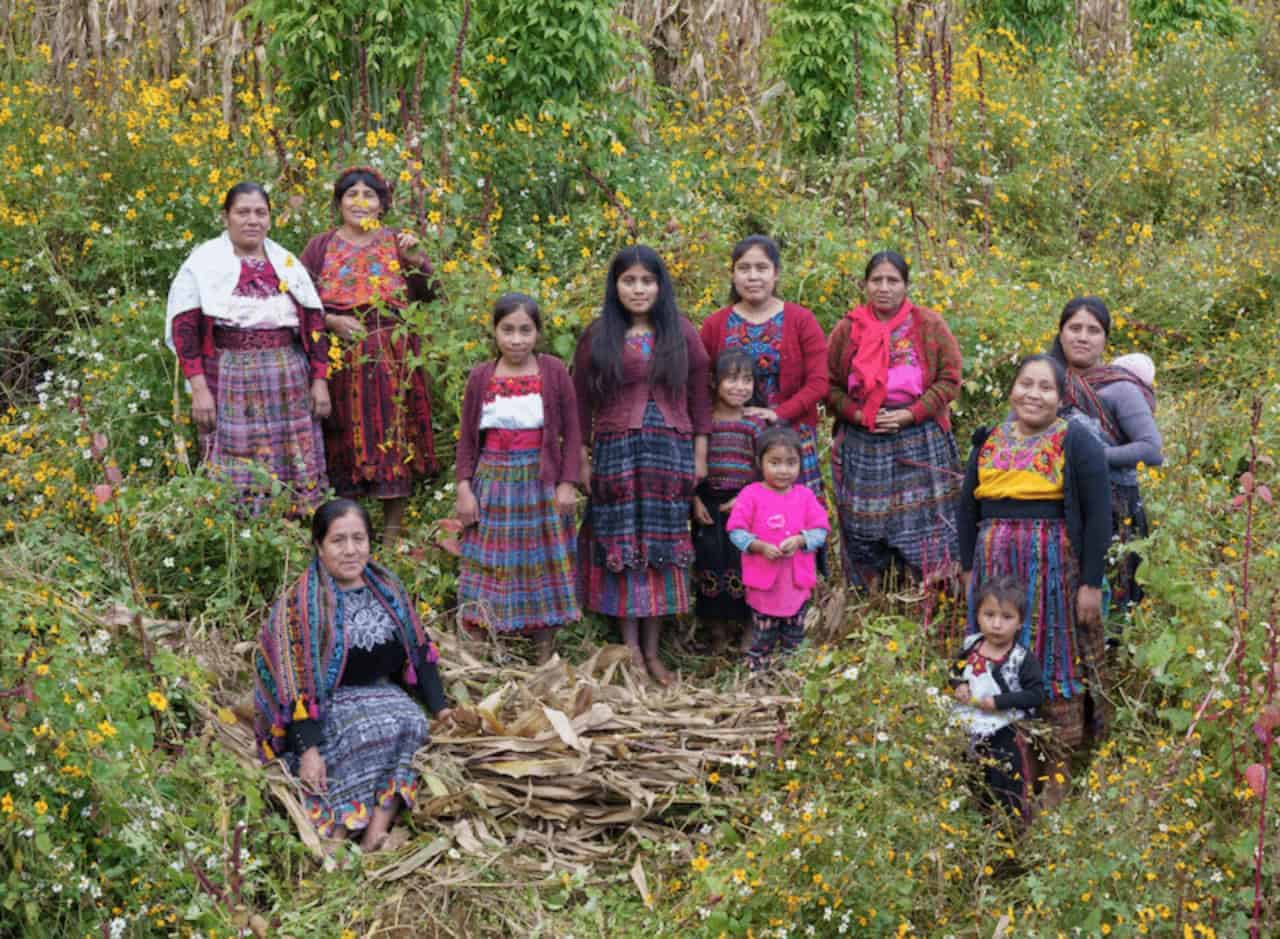As our year-long series on the community-led projects boosting mental health across the globe nears an end, series editor Daisy Greenwell reports on the remarkably simple solution that is saving lives.
Mental illness can sometimes seem like an intractable, unsolvable problem. When we first began researching our Developing Mental Wealth series last May, the data showed the enormity of the issue. One in every eight of us lives with a mental disorder – 970 million people worldwide. Some 700,000 people die due to suicide each year and it’s projected that by 2030 mental health problems will be the leading cause of mortality and morbidity globally. In low-income countries where spending on mental health is tiny or non-existent, and one psychiatrist often serves a population of millions, the prognosis looked particularly bad.
Yet even in the UK, where our government spends around £13bn on mental health services annually, psychiatrists and psychotherapists are in (relatively) plentiful supply, and medication is available for free on the NHS, one in six adults polled had experienced symptoms of common mental health problems in the past week.
So, we were intrigued when we heard about a project in Zimbabwe that was having significant success in improving people’s mental health. Without the help of medical professionals or drugs, and with very little money, peer-reviewed trials had found that it was easing the depression and anxiety of Zimbabweans. The secret? Grandmothers, trained briefly in CBT counselling skills and deployed in the community to help anyone who needed it. We knew there must be more, so we set about finding other community-led projects that were easing the mental distress of people living in tough circumstances in low-income countries.
It turns out there are plenty. In Yemen, amid war and famine, a free, daily sports club brings men together to keep fit and boost mental health in parks across the country. In the Guatemalan highlands, Indigenous women are leading women’s circles, improving wellbeing for all by empowering women to overturn generations of embedded marginalisation. In Peru, a movement supporting the neurodivergent citizens of the country has been born in the last year, giving voice to a previously marginalised community and providing a network of support. In the Ivory Coast, hairdressers are being trained to recognise the symptoms of mental illness and given guidance on how to talk to, and improve the wellbeing of, their customers.

These projects are all run on shoe strings, by a small number of active citizens, who, having recognised a problem in their communities, have come together to do something about it. Their common tool – one that is low cost, simple, and everywhere – is each other. People talking to one another, supporting one another, being there to listen, encourage and advise.
These projects are all run on shoe strings, by a small number of active citizens, who, having recognised a problem in their communities, have come together to do something about it
Now that Zimbabwean project is planning a pilot bench in London, bringing its Friendship Bench method to a low-income neighbourhood in our capital city. Will the simple but effective methods forged in the global south for a population living on $3 (£2.36) a day, be similarly impactful for people in the UK?
I believe it will. The 12 projects in our series are proof that there is nothing more healing than simple human connection. Mental illness is a huge problem, but it can also, according to the World Health Organisation be ‘effectively treated at relatively low cost’. I find great hope in that.
Main image: Ayomide Olude, project manager at The Eco Anxiety Project, photographed in Lagos for Positive News by Taiwo Aina
This article was originally published on Positive.news and was republished here, with permission, under a CC BY-ND 4.0 license. Learn more about third-party content on ZanyProgressive.com.




